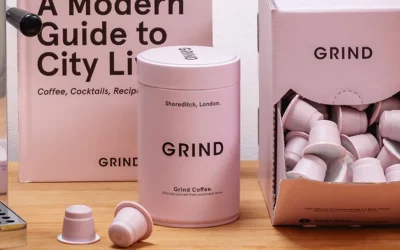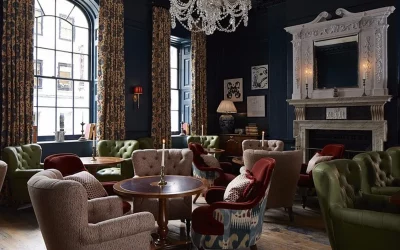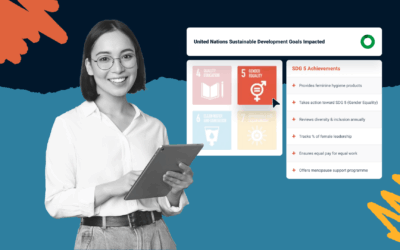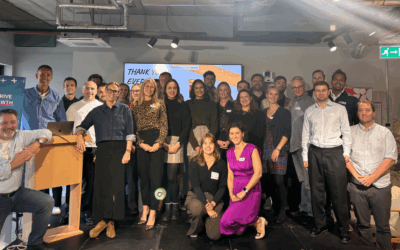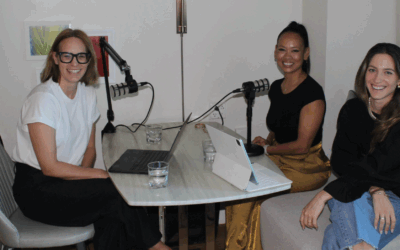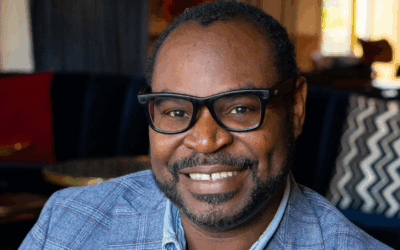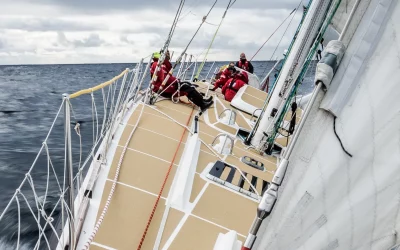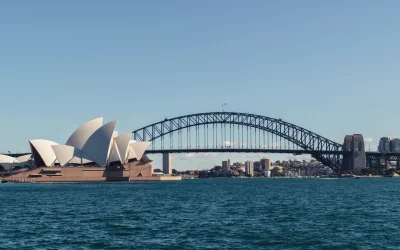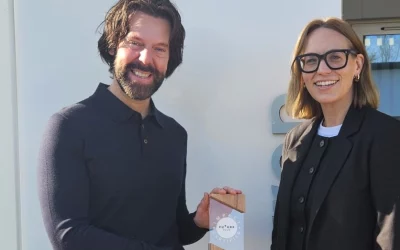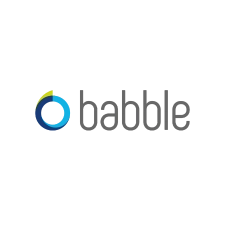
OUR RESOURCES
Check out our latest case studies, blogs, reports, podcasts and events.

FUTUREPLUS 2024 IMPACT REPORT
COMMITMENT IS THE CORNERSTONE OF OPTIMISM

FEATURED CASE STUDIES
BUSINESS OF EVERY SIZE ARE USING FUTUREPLUS TO TURN AMBITION INTO MEASURABLE IMPACT
RESOURCES
- All
- Case Studies
- Guides
- Podcasts
- Reports
- Blogs
RESOURCES
- All
- Case Studies
- Guides
- Podcasts
- Reports
- Blogs



